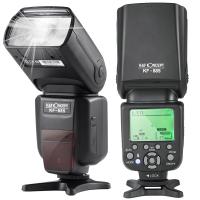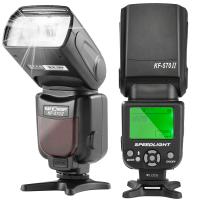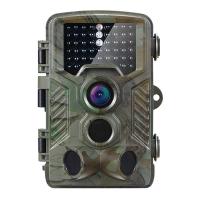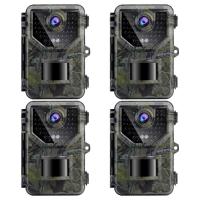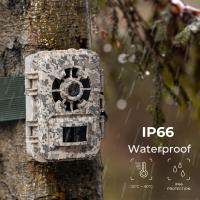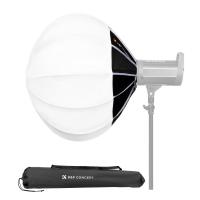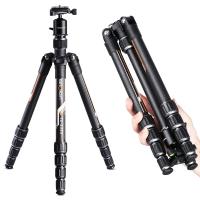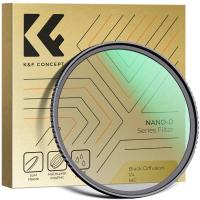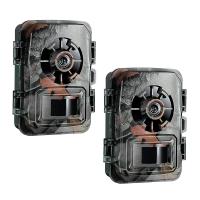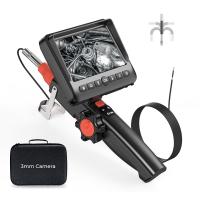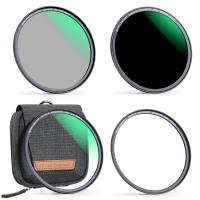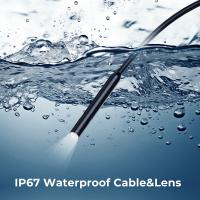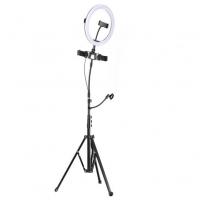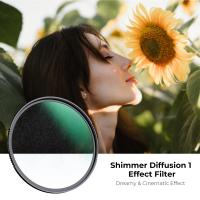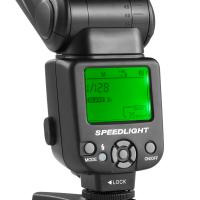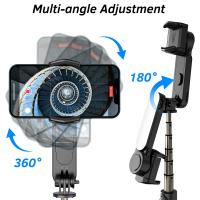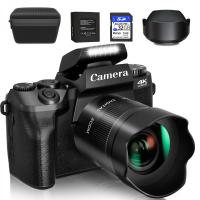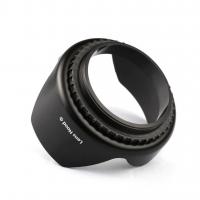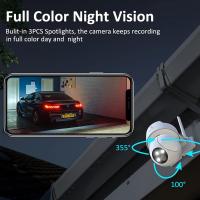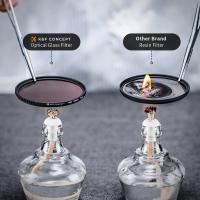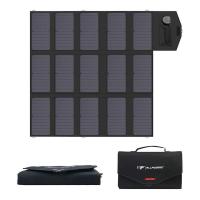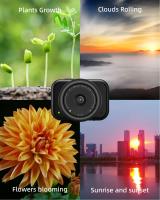Does Camera Flash Hurt Newborn Eyes?
The safety of newborns is a paramount concern for parents and caregivers, and one common question that arises is whether the flash from a camera can harm a newborn's eyes. This topic is particularly relevant in an age where capturing every precious moment is facilitated by the ubiquitous presence of smartphones and digital cameras. In this article, we will delve into the potential risks associated with camera flashes, the scientific understanding of newborn eye development, and practical advice for parents who wish to document their baby's early days without compromising their health.
Understanding Newborn Eye Development
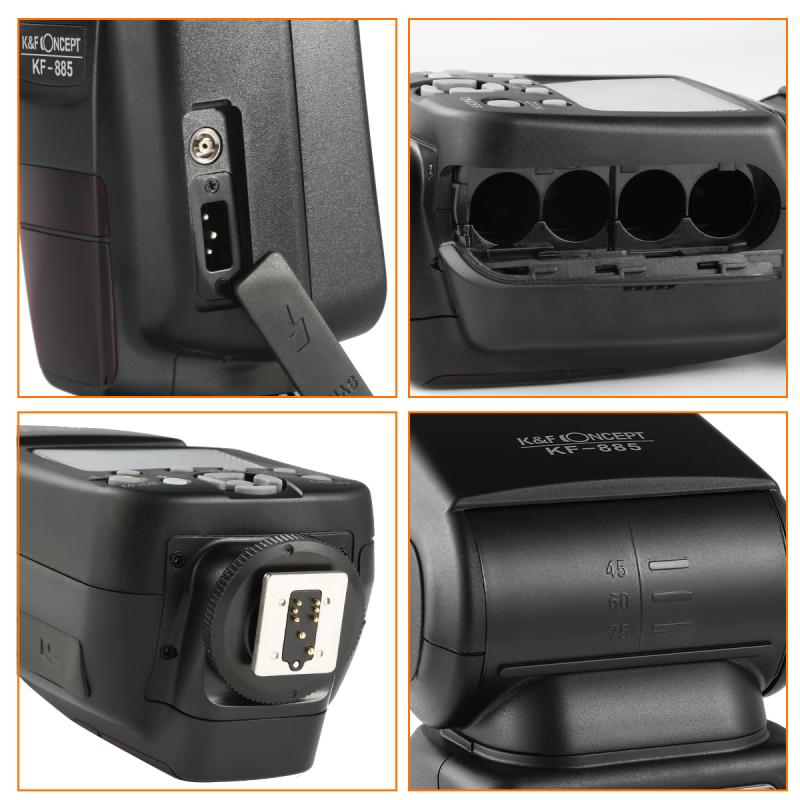
To comprehend the potential impact of camera flashes on newborns, it is essential to first understand the development of their eyes. Newborns are born with eyes that are still maturing. At birth, their visual acuity is limited, and they are more sensitive to bright lights. The retina, which is the light-sensitive layer at the back of the eye, continues to develop after birth. This development is crucial for the baby’s ability to see clearly and process visual information.
The Science Behind Camera Flashes
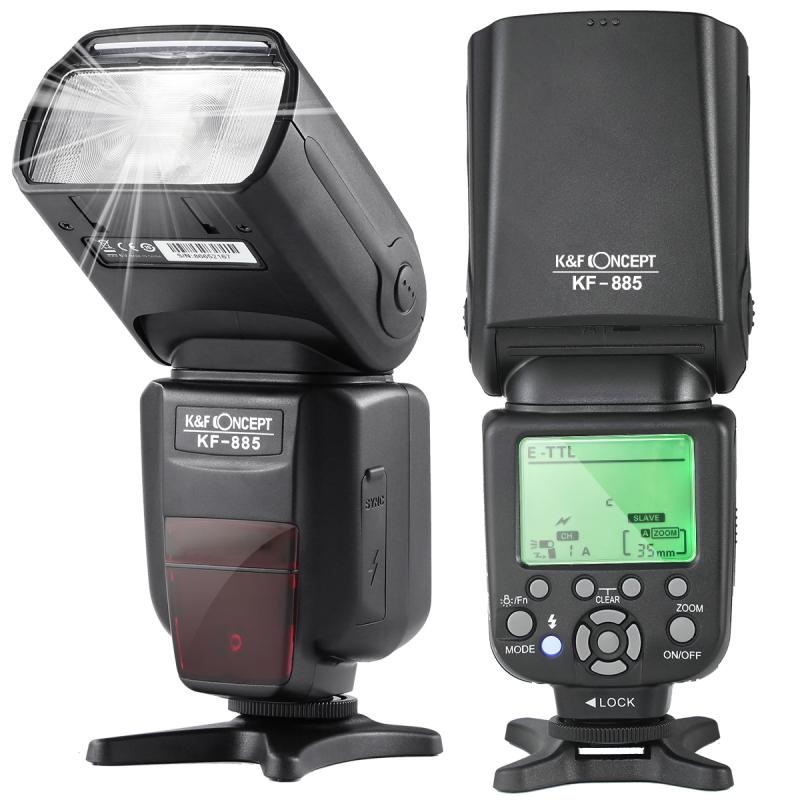
Camera flashes are designed to provide a burst of light to illuminate a scene, allowing for clearer and brighter photographs. The intensity and duration of this light can vary depending on the type of camera and flash used. Generally, the light emitted from a camera flash is brief, lasting only a fraction of a second. However, the intensity of this light can be quite high, which raises concerns about its potential impact on sensitive newborn eyes.
Potential Risks of Camera Flashes
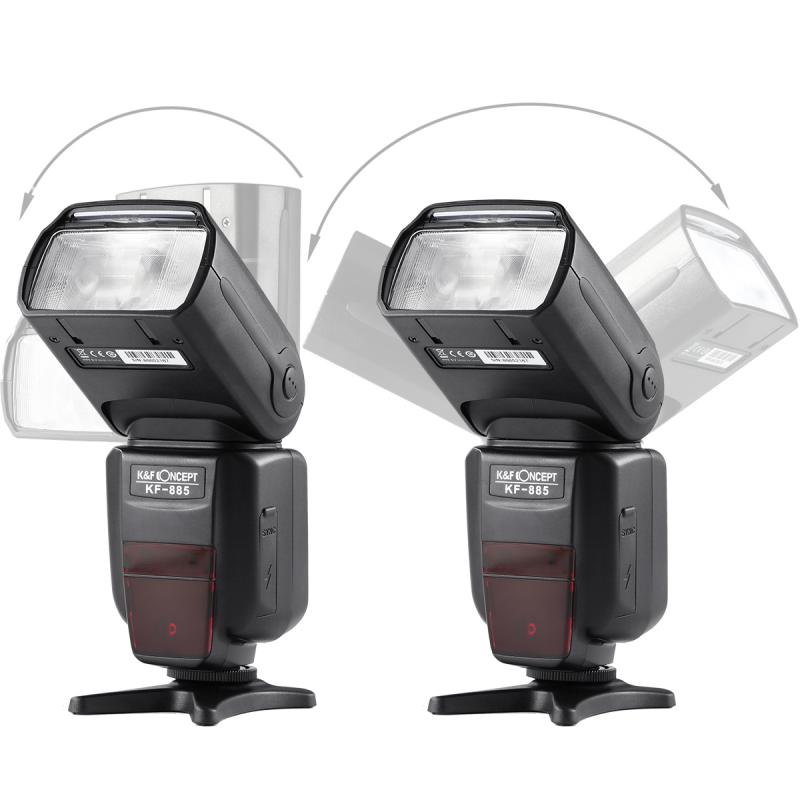
1. Temporary Discomfort: One of the most immediate effects of a camera flash is temporary discomfort. Just as adults may experience a brief period of spots or afterimages after a flash, newborns can also be startled or temporarily blinded by the sudden burst of light. This can cause them to cry or become fussy.
2. Retinal Damage: There is a theoretical risk that intense light exposure could cause damage to the retina, particularly in newborns whose eyes are still developing. However, the likelihood of a single camera flash causing permanent damage is extremely low. The retina has a high threshold for light damage, and the brief duration of a camera flash is generally insufficient to cause harm.
3. Cumulative Exposure: While a single flash is unlikely to cause harm, repeated exposure to bright flashes over a short period could potentially pose a risk. This is particularly relevant in situations where multiple photographs are taken in quick succession, such as during a photo shoot.
Research Findings
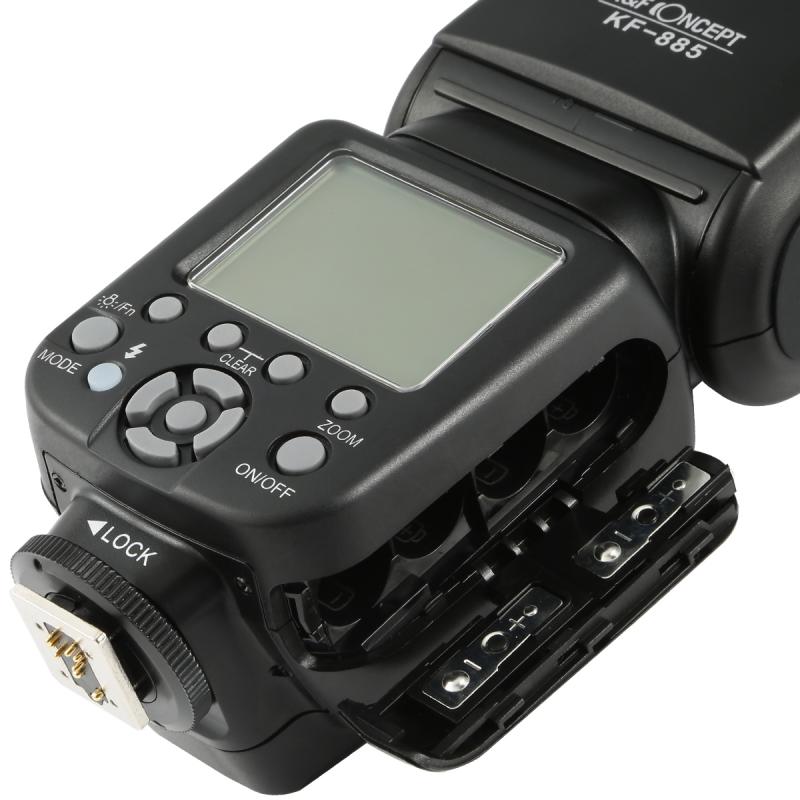
Several studies have investigated the impact of camera flashes on newborn eyes. The consensus among researchers is that occasional exposure to camera flashes is unlikely to cause permanent damage. For instance, a study published in the journal "Pediatrics" found no evidence of retinal damage in newborns exposed to camera flashes. The researchers concluded that the intensity and duration of typical camera flashes are not sufficient to harm the developing eyes of newborns.
Practical Advice for Parents
While the risk of harm from camera flashes is minimal, it is understandable that parents may still have concerns. Here are some practical tips to ensure the safety and comfort of your newborn while capturing those precious moments:
1. Use Natural Light: Whenever possible, opt for natural light when taking photographs of your newborn. Natural light is softer and less likely to cause discomfort. Position your baby near a window or in a well-lit room to take advantage of daylight.
2. Adjust Flash Settings: If you must use a flash, consider adjusting the settings on your camera to reduce the intensity. Many cameras and smartphones allow you to control the brightness of the flash. Lowering the intensity can help minimize any potential discomfort.
3. Increase Distance: Maintain a reasonable distance between the camera and your baby. The intensity of the flash decreases with distance, so standing a few feet away can reduce the impact of the light on your baby’s eyes.
4. Limit Exposure: Avoid taking multiple flash photographs in quick succession. Give your baby’s eyes time to adjust between shots. This can help prevent any cumulative effects of repeated exposure.
5. Use Flash Diffusers: Consider using a flash diffuser, which can soften the light and reduce its intensity. Diffusers are available for most cameras and can be an effective way to minimize the impact of the flash.
6. Monitor Your Baby’s Reaction: Pay attention to your baby’s reaction to the flash. If they seem startled or uncomfortable, it may be best to avoid using the flash altogether. Each baby is different, and some may be more sensitive to bright lights than others.
In conclusion, while the concern about camera flashes harming newborn eyes is understandable, the evidence suggests that occasional exposure to camera flashes is unlikely to cause permanent damage. The brief duration and controlled intensity of typical camera flashes are generally safe for newborns. However, parents can take several precautions to ensure their baby’s comfort and safety, such as using natural light, adjusting flash settings, increasing distance, limiting exposure, using flash diffusers, and monitoring their baby’s reaction.
By following these practical tips, parents can continue to capture the precious moments of their newborn’s early days without compromising their health and well-being. As always, if you have specific concerns about your baby’s eye health, it is best to consult with a pediatrician or an eye specialist. They can provide personalized advice and address any questions you may have.


